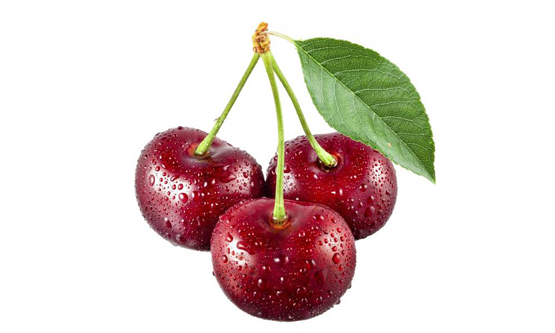
Bird Cherry (Prunus avium L.)
The wild kind of sweet cherries. It is strong growing rootstocks, but because they are from seed, they can consider growing cancer. The nucleus is not recommended today.
Gisela 5
Arts Hybrid, obtained by crossing Prunus cerasus x Prunus canescens. It is a productive rootstock that makes cherry trees with many berries. The trees should be pruned often relatively harder, otherwise it gets too small berries. It is best if the trees can be drip irrigated. The nucleus is particularly recommended for varieties that can be difficult to get enough good yields on like Kordia and Regina.
Gisela 6
Stronger growth than Gisela 5. The nucleus is recommended especially in varieties that are very willing to bear fruit, as well as the low level of growth can be expected.
Colt (Prunus avium x Prunus pseudocerasus)
Weaker growth than force F 12/1, but is much stronger growth than Gisela 5 and Gisela 6, Colt is poorly absorbed potassium, but also better at absorbing magnesium and calcium than Prunus avium rootstocks. It may therefore be necessary with the addition of potassium at foliar application. Using leaf analyzes for status of potassium in the trees followed. The nucleus is only recommended in cases where very weak growth is expected due, soil type or possible replanting.
Kordia
New black cherry variety, which quickly has become popular for commercial growers because of fruit size, glossy black skin and excellent taste. Kordia cherries are also resistant to cracked fruit, caused by rain.
If you want a cherry that is very great, and really black, then choose this!
Lapins
Large dark red juicy cherries with a mild sweet / tart taste and will appeal to those who like cherry, but prefer a milder flavor. It is one of the best cherry varieties of garden UK, heavy cutting, quite strong, and easy to cultivate.
Lapins are self-fertile and can be considered as an improved Stella (which is one of his or her parents). It is well regarded by commercial growers because it crops reliably and the fruit is large and of good quality.
Regina
Regina is a modern late black dessert cherries ripening in mid to late July. Although it is commonly referred to as a black cherry, in practice, often more dark red color. The meat is firm, dark red, with excellent flavor. Regina ranks quite well in consumer taste tests for appearance and taste.
Regina has quickly become popular with commercial growers, due to its good balanced flavor, large cherries, and resistance to cracking fruits.